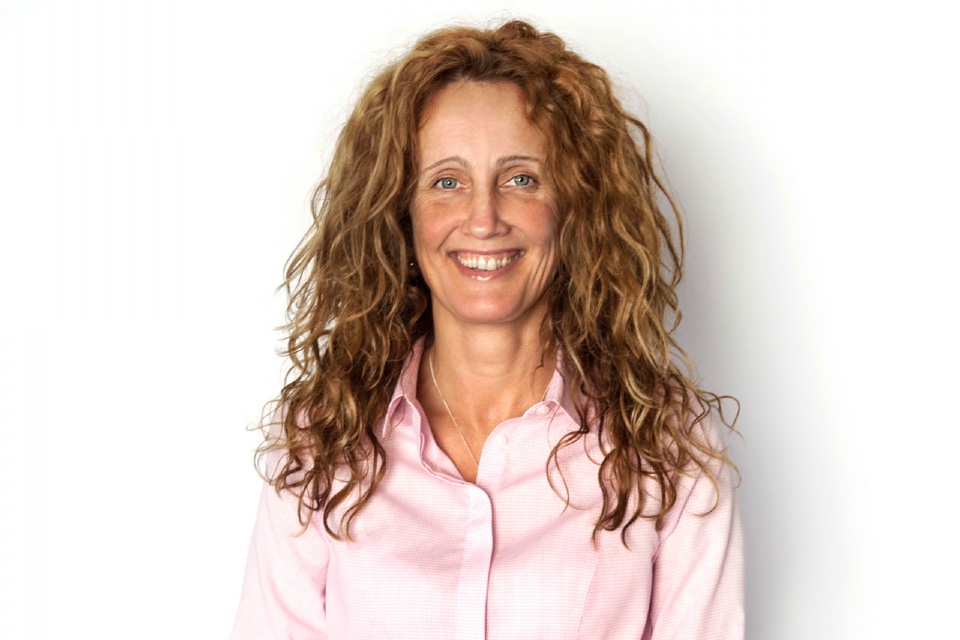Coping with COVID-19: Waterscan’s Claire Yeates anticipates the long-term impacts for the water sector
https://energymanagementsummit.co.uk/wp-content/uploads/2020/05/Waterscan-May-19th-2.jpg 960 640 Guest Post Guest Post https://secure.gravatar.com/avatar/cb2a67f15cd7d053d8e638a1df3fd67f?s=96&d=mm&r=gBy Claire Yeates, Waterscan
A great deal of good will come from all this. Yes, yes, I know it is an easy thing for an optimist like me to say but I honestly believe it, having attended many day-long, socially distanced, virtual industry meetings over the last couple of months. That is not to say that it will not be difficult: there are obstacles to overcome in all battles and the collective fight against coronavirus in which we are all currently engaged is no different.
But here is my take on why the water sector will be a better place once we emerge from current trading conditions.
First and foremost, industry regulator Ofwat and market operator MOSL have not deviated from their unified mission to ensure that the customer is paramount. Protecting customers’ interests is absolutely top priority at this time and they have been working at an unprecedented pace and scale to ensure that no-one is left unsupplied or unsupported in difficult times. Whilst this is an unwavering permanent objective, it is their sheer ‘sleeves rolled-up’, can-do attitude that has enabled many measures to be tabled, consulted upon, and implemented in short timeframes, and of course, without face-to-face contact. This flexible, pragmatic, contemporary approach could continue in a bid to speed up performance improvement in the future.
And here is another positive theme: we are seeing higher levels of collaboration and engagement than ever before. When the self-supply community met for its Spring forum recently, both Ofwat and MOSL thanked attendees for their efficient responses to numerous calls for information to guide decision-making. Long may this level of customer engagement continue.
All of us working in the sustainability arena will be pleased with the positive environmental impacts that have been reported around the world. Emissions of carbon monoxide have fallen by around 50% in New York. Wild kangaroos have been hopping around downtown Adelaide. Venetian canals are clearer than many can remember, and a drop in air pollution has enabled citizens in India to see the Himalayas for the first time in their lives. Is it possible that these wonderful impacts become ‘light-bulb’ moments for the masses: a collective awakening to the possibilities that sustainable, low carbon economies can offer? We can hope.
So far so good. I mentioned earlier, however, that there would be casualties in the water sector (just as there will be in many others). Several trading parties have been complaining that they are in firefighting mode and have reduced their service levels accordingly, others claim that they are already in need of monetary support to weather the anticipated financial fall-out.
To me, this raises some really important questions around business continuity: how is it that some trading parties have been operating at the very outer limits of resilience? What we are seeing are weaknesses being exposed: a lack of business continuity planning, inadequate resourcing, an inability to service customers effectively by maintaining data provision and, in some cases, abuse of the very measures that have been put in place to secure their future… it’s not a pretty picture.
But, is it a bad thing? A competitive market, by definition, is based on the principle of survival of the fittest. If a business is poorly managed, it does not deserve to survive and thrive. The water market could be more sustainable, trusted, and stronger as a whole if all of its constituent elements were run to a consistently high ethical standard.
My biggest concern about the whole situation is that some collaborative work that had begun to drive real change has been halted. As I write, the focus is necessarily on essential work around water supply and the treatment of wastewater. Added value services have largely fallen by the wayside.
In practical terms then, what are the likely longer-term ramifications of all this for commercial water users?
Market rationalisation through some trading parties going out of business?
Probably. While Ofwat is working hard to help everyone survive, it is surely inevitable that some businesses in a competitive marketplace will fail. With this in mind, the regulator is absolutely right to keep its focus firmly on the end-customer.
Higher prices to level-out profit margins?
There will certainly be a hole that needs filling to shareholder satisfaction. However, I would hope the shortfall will be delivered through efficiencies and innovation and I am confident that any price increases , if required, will be kept proportionate so long as the measures put in place by Ofwat and MOSL are not abused and problems exacerbated.
Greater competition to maintain or regain market share?
Likely. It is unfortunate that the water retailers that are most at risk of failure are those smaller companies because these tend to be where enhanced services and innovation lie. Regardless of business size though, all suppliers will have to up their game when it comes to customer service and invest in modernisation and improvement programmes to grow market share.
Administration burden, dealing with a major meter reading and billing backlog?
Definitely – and this is really unfortunate because it is so unnecessary, especially considering that enabling customers to maintain visibility of their consumption and continue to process payments positively impacts market liquidity. Many thousands of water meters are located where they can be read safely in accordance with social distancing guidelines. I would urge large water users to prioritise the rollout of AMR and data systems in their operations to further alleviate this issue.
Better business continuity planning and higher levels of transparency?
Possible – but this is one thing that really should come out of our experience of Covid-19.
Amid the chaos of coping with Covid-19 in the short term, I am confident that the market will emerge leaner, stronger, and performing better than ever before as key learnings are highlighted. Just you wait and see…


